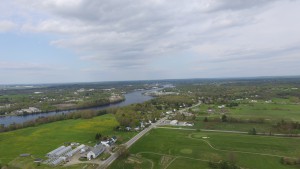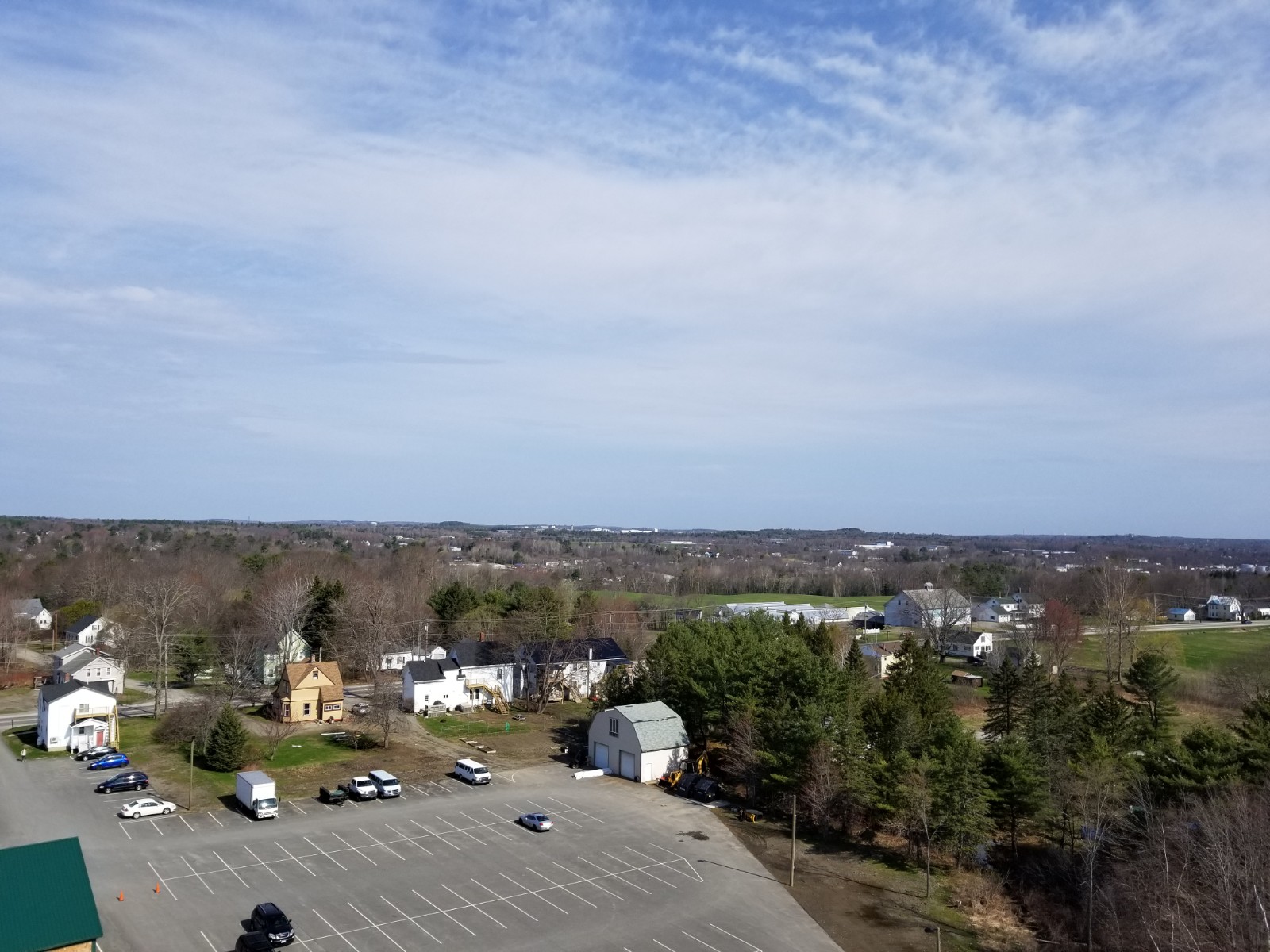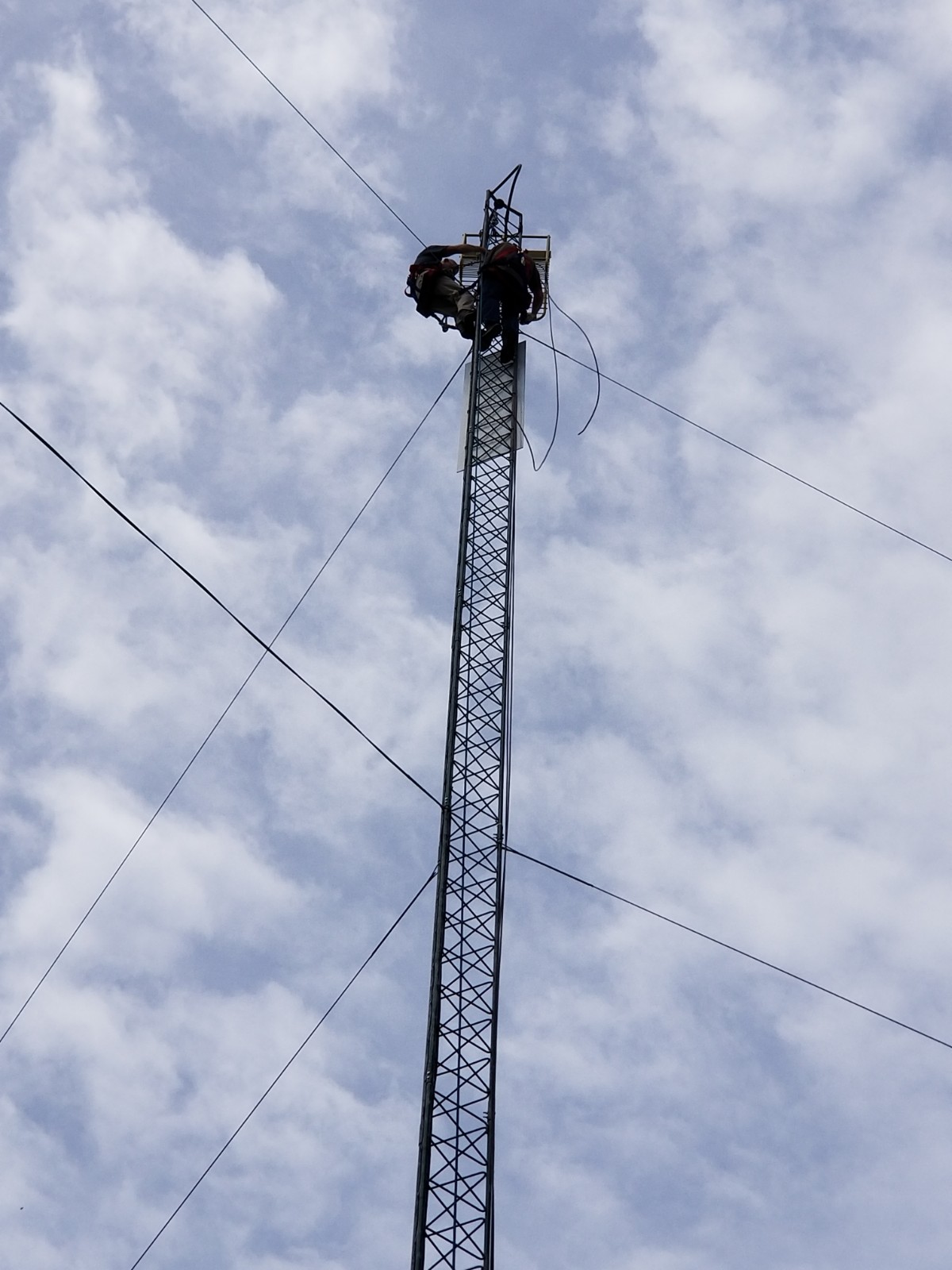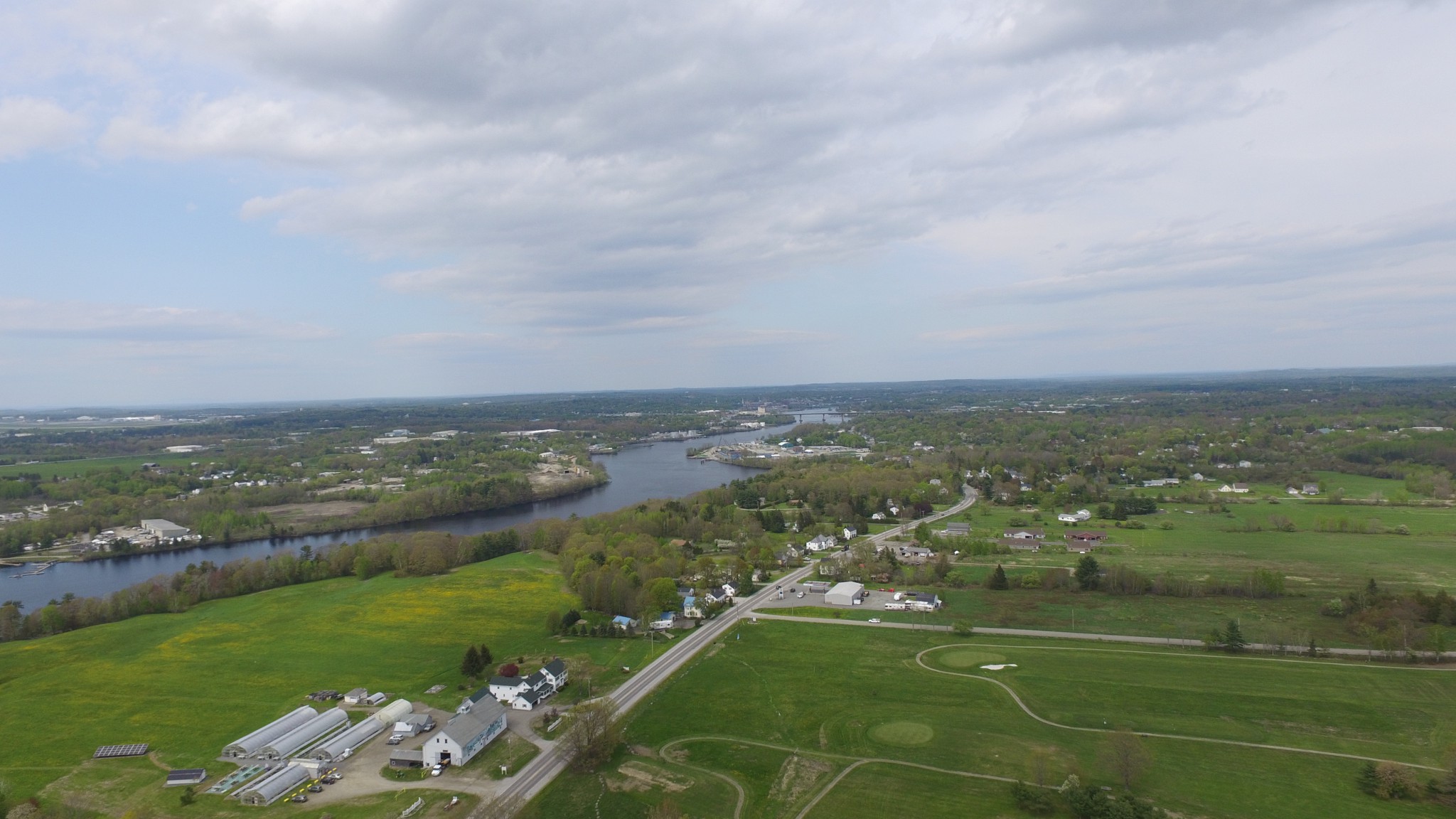SOUTH PORTLAND, Maine—Here at Norris, we’re not just about the system sale and then you never hear from us again. We want you to be overjoyed with your system and also with the ongoing service offerings—testing and inspection, service and maintenance, monitoring—that you get from us. To that end, we’re always looking at how we can improve, how we can add more value. It’s that dedication to the added value that led us to become a communications pathway provider by getting our FCC license to send and receive transmissions and establishing our own radio communications network using AES technology.
What is a communications pathway?
Previously, we’ve discussed the importance of having monitoring services for your life-safety and security systems. It would be impossible to provide monitoring services without a communications pathway. The communications pathway is that medium by which the signal from your system—whether it’s an activation from a smoke detector, a heat detector, a motion detector or a manually activated panic button—gets to the monitoring center where it can be interpreted and acted upon (fire department, EMTs or police department dispatched).
What are the alternatives?
The security industry grew up on POTS—Plain Old Telephone Service—the ubiquitous hard, copper lines strung up on every telephone pole around the country. However, POTS has been slowly dying out. Plus, over time, new technologies have developed, including cellular communications and IP. The security industry has done just fine with these technologies, as well. However, problems can rear their ugly heads. IP has a tendency to wreak havoc with alarm signal formats—the language an alarm panel speaks over the communications pathway to the monitoring center receiver—like SIA and Contact ID. Cellular communication pathways are subject to atmospheric and topographic interference. Both are also available at the whimsy of the provider. Your ISP can decide to throttle bandwidth or take the network offline for maintenance. Cellular providers are apt to sunset previous technologies for new. Think the 2G sunset and the 3G sunset (can an impending 4G sunset be far behind?).
In the face of all these drama-laden communications path options, it’s nice to know there’s a technology that was developed specifically for transmitting security type signals (not downloading movies or songs or sending Snapchats and playing Bubble Witch). That technology is AES mesh radio networks. Norris has an AES network and can fill your communications pathway needs. We’re growing all over the state with recent network growth spurts in Bangor and Portland.
The AES pedigree
AES Vice President of Sales, The Americas Jim Burditt, spoke with Norris about the genesis of AES technology.
“AES is privately held and more than 40 years old. It originally developed security products specifically for the Government market and then created a solution to send alarm signals in areas around the world that did not have phone lines or internet service,” Burditt said. “Today we still provide security solutions to government facilities and embassies around the world without the need for any public infrastructure.”
The Norris Network
Paul Bennett, Service Consultant and AES Network Administrator for Norris Inc. said that’s Norris’ network has been growing organically throughout Maine.
“Our AES network is based on top of one of Portland’s tallest buildings, giving us far-reaching coverage. We have implemented the network by building a core group of subscribers in the heart of Portland and also by leveraging the relationships we have with some of our clients who have buildings that are high and strategically placed to make our mesh network even stronger and more reliable,” Bennett said. “Our receivers are backed up by battery and generator power and are connected to our central station through three unique paths, both wired and wireless, giving us superior redundancy.”
AES dependability means better service
Burditt said because of its dependability AES was the perfect solution for the industry.
“AES-IntelliNet long-range wireless private mesh radio technology, allows alarm companies, such as Norris, the ability to create their own private network with limited public infrastructure. It’s the most reliable form of alarm communications and has delivered under the most severe weather conditions,” Burditt said. “When cell towers and internet coverage is down, AES-IntelliNet has continued to deliver.”
Save money with AES from Norris
Bennett and Burditt both agreed that AES also brought huge cost savings to business owners.
“The Norris wireless mesh network gives building owners and managers options for the alarm panel monitoring. No longer are expensive copper telephone lines needed,” Bennett explained. “Clients often realize savings of $600-$700 a year by switching from phone lines to our network. Our plan is also very attractive because we do not require the purchase of expensive equipment, so converting is much easier and affordable.”
Burditt agreed.
“Not only is our technology the fastest and most reliable, we’re also less expensive,” Burditt said. “Because an AES network is privately owned, there are no monthly cell charges or phone lines required.”
Want to save money by getting rid of phone lines? Call us.
Want to avoid buying a bunch of new equipment to allow your system to communicate? Call us.
Did you recently get a cancellation of service notice from your radio or cellular provider? Call us.
Norris’ growing AES network of mesh radios is your monitoring solution answer!

Norris’ AES Network is growing!
What is Norris all about?
Norris, Inc.—a South Portland, Maine-based life-safety and security systems integrator with satellite offices in Bangor, Maine; Lee, New Hampshire; and Burlington, Vermont—was founded nearly 40 years ago by two brothers, Brad and Harty Norris. The brothers remain on the board of directors today and continue to help steer the enterprise toward its goal of advancing life-safety, security, and communications while striving to grow in its status as Northern New England’s leading systems integrator. Norris provides fully integrated life-safety and security solutions, comprising disparate systems including fire alarm, intrusion detection, access control, video surveillance, emergency notification and communications.







Leave A Comment